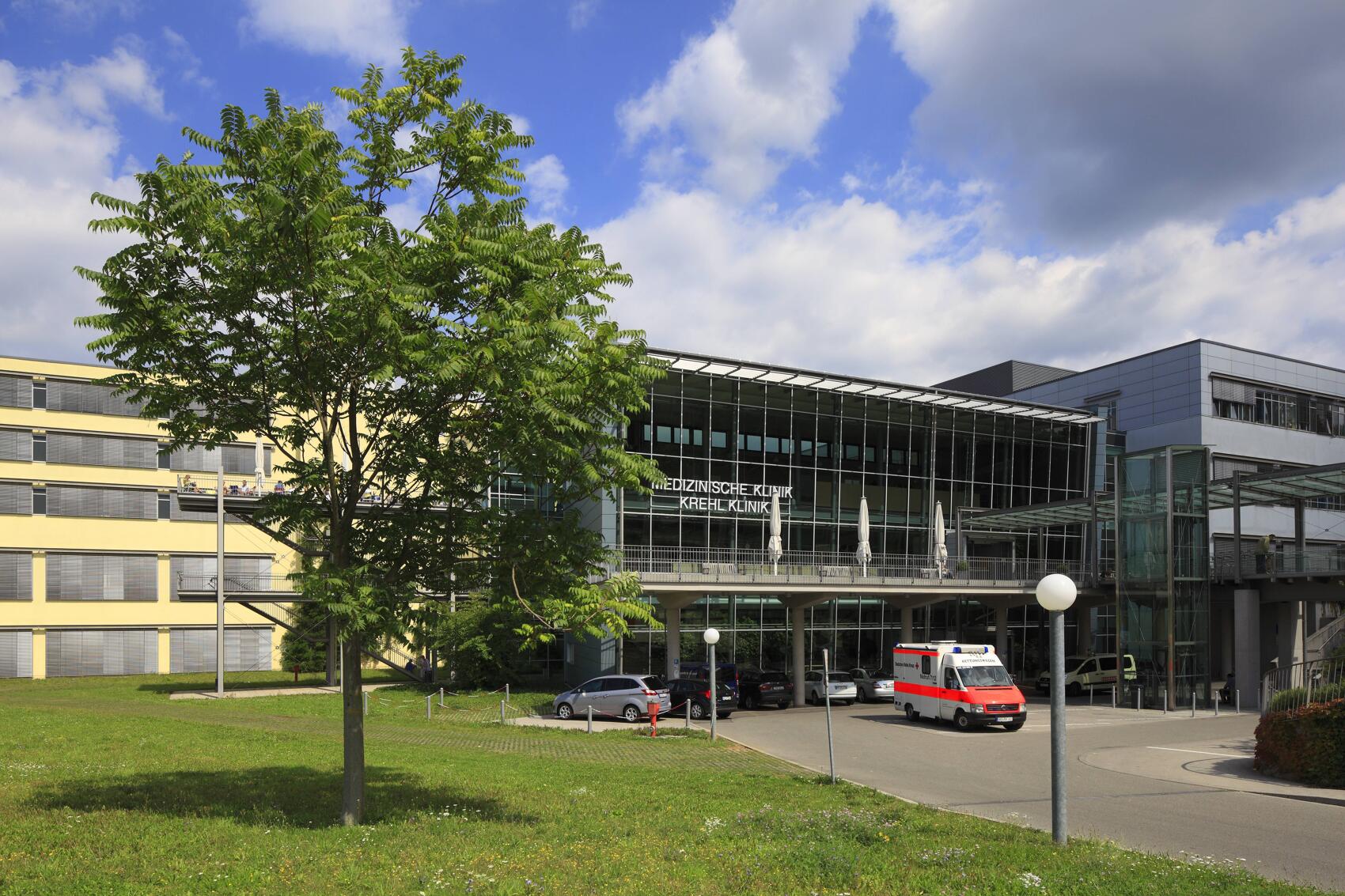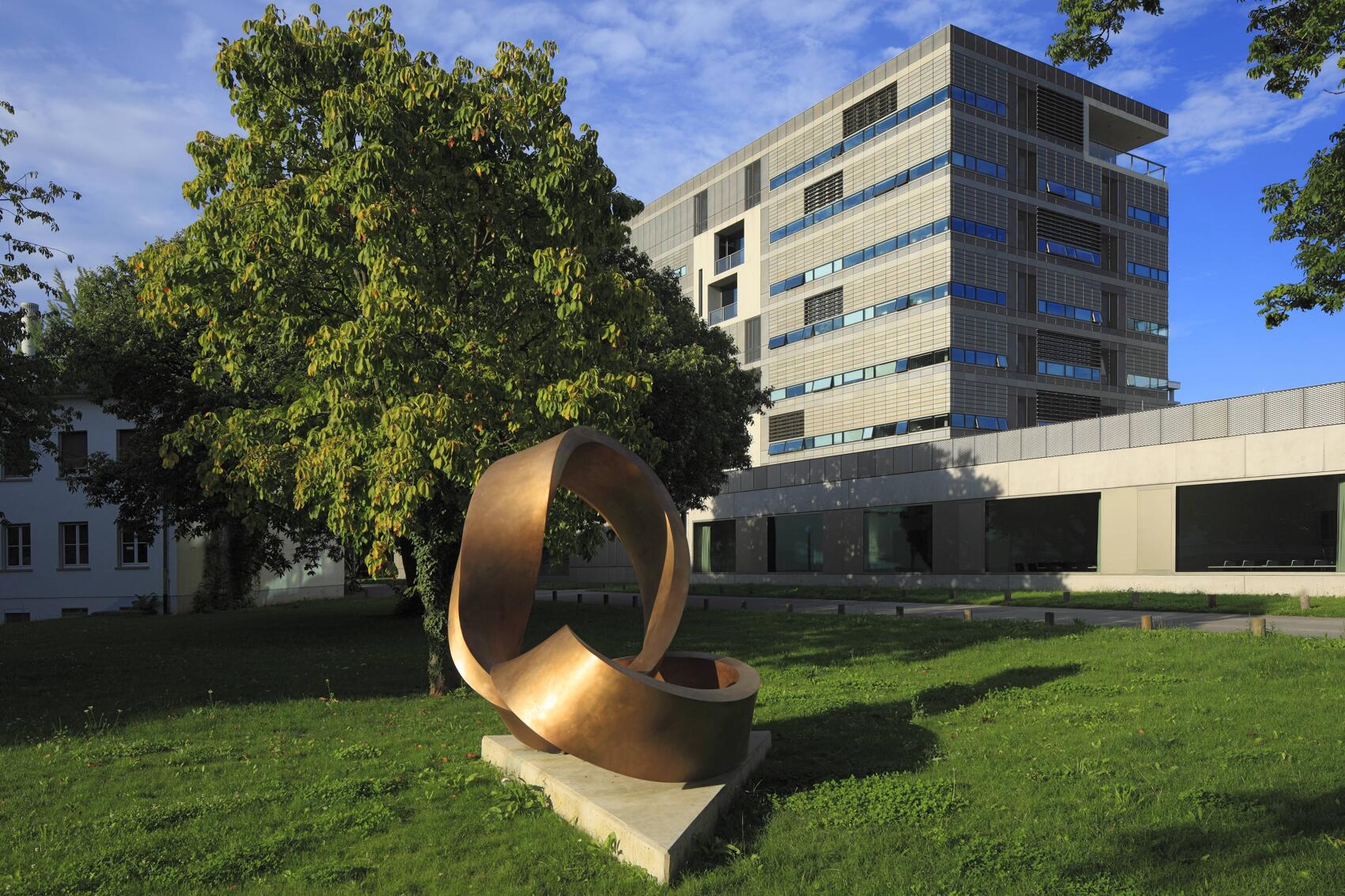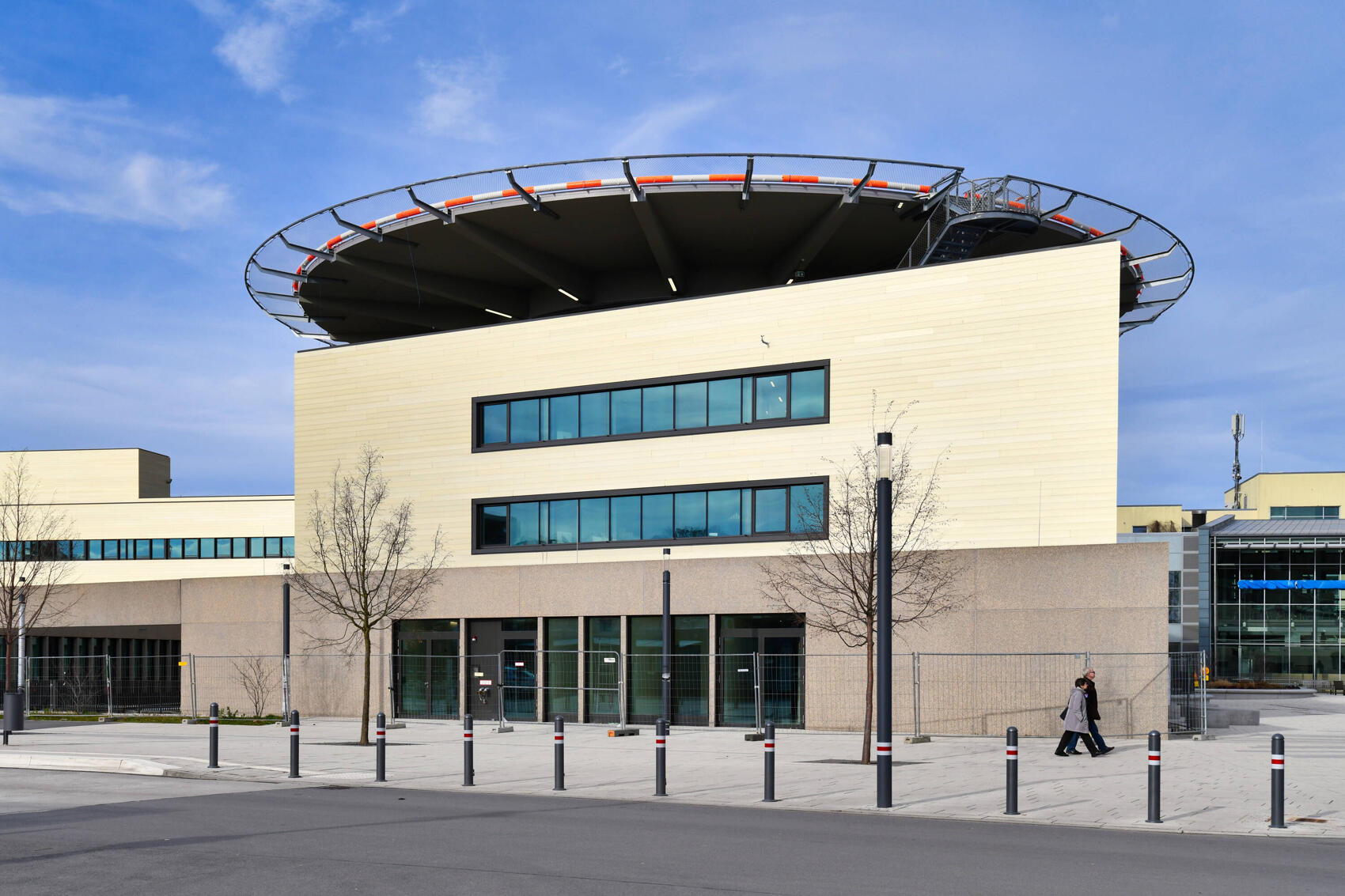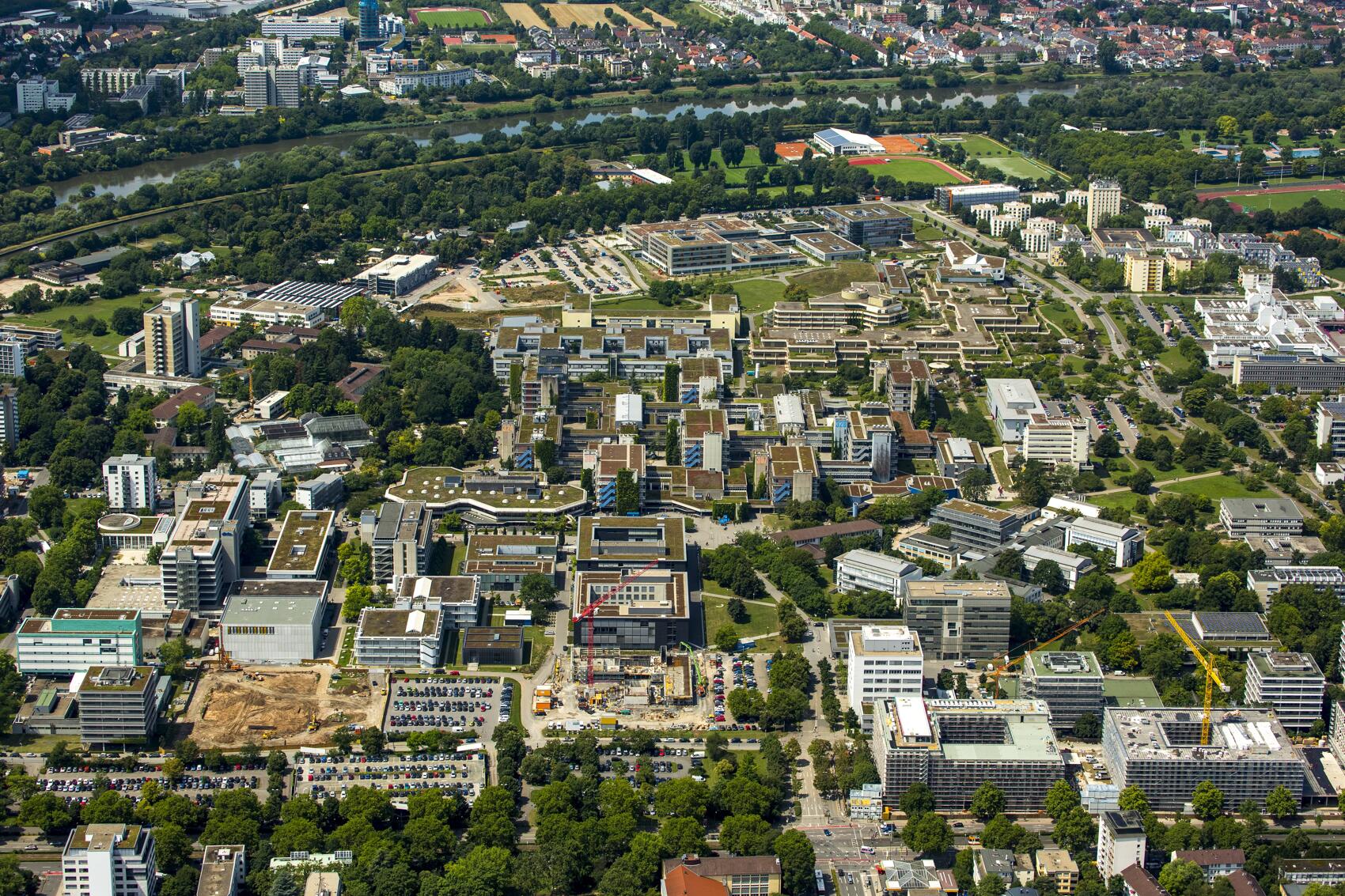



1 / 4
University Hospital Heidelberg
Heidelberg, Germany
NaNAbout the clinic
Heidelberg University was founded more than 600 years ago in Heidelberg, Germany. Today, it is a leading medical institute. It is one of Europe’s largest and most modern medical centres. The hospital has more than 50 specialist departments, with a focus on oncology and other complex diseases that require more innovative treatments.
Clinic Description
University Hospital Heidelberg started implementing plans for a compact, modern campus in 2004. Since then, new buildings for different specialised departments have been constructed, with two more planned to be completed in the mid-2020s. The fourteen medical buildings are connected with underground infrastructure to allow for the speedy transport of supplies while ensuring that specialist departments are a short distance away.
The hospital employs world-renowned physicians and researchers; among them are Nobel prize winners. The doctors and scientists working at Heidelberg University Hospital, along with those working at partner research facilities, all have the common goal of developing innovative therapies and implementing them in the treatment of patients.
Heidelberg University Hospital offers unique therapy for the treatment of complex and rare conditions. This is part of what makes Heidelberg Hospital one of the top places to receive treatment in Europe.
Facts and Figures
62,500 inpatient patients
1,131,515 outpatient visits
1,991 hospital beds
1,772 patients from abroad
Average length of stay 7.8
Important Departments
The hospital’s main focus is oncology. As such, there are several institutes and departments specialising in the treatment of cancerous tumours. Heidelberg University has 13 institutes dedicated to different medical departments for both adult and paediatric care.
National Centre for Tumour Diseases Heidelberg
This centre is where the university hospital and the German Cancer Research Centre collaborate in the treatment of cancer patients.
This centre offers treatment for all forms of cancer with a variety of therapies. Here, current scientific knowledge of cancer is put into effect as quickly as possible to treat patients. Specialists are trained and able to use both conventional and innovative new therapies in the treatment process.
Some of these therapies include surgery, nuclear medicine, stem cell transplants, and radiation therapy, along with supplemental therapies such as psychological counselling, pain therapy, and exercise for cancer.
Transplantation Centre
The Heidelberg Surgical Department is renowned worldwide for its excellence in major abdominal operations, procedures on the pancreas, heart, and vessels, and because of the many transplants performed successfully and with good long-term outcomes.
The Heidelberg Transplant Centre is one of the leading centres in Germany. Its success comes from the interdisciplinary cooperation of the specialists employed there: gastroenterologists, nephrologists, immunologists, and surgeons.
The doctors at the Transplant Centre perform almost 300 stem cell transplants a year, with many patients being cured, making Heidelberg University Hospital one of the largest blood stem cell transplantation centres in Germany and Europe.
Heidelberg University Orthopaedic Hospital
The Heidelberg University Orthopaedic Hospital pursues the goal of ensuring everyone has movement. Doctors here use conservative orthopaedics, a high level of precision in larger or smaller operations, and technical orthopaedics to achieve that goal.
Overall, the Heidelberg University Orthopaedic Hospital deals with the most high-risk cases in Germany.
There are over 13 areas in which the Orthopaedic Hospital has expertise, including paediatric orthopaedics, spinal cord injuries, and trauma and reconstructive surgery.
Neurological and Neurosurgical Departments
Heidelberg University Hospital offers a level of care for sufferers of neurological diseases that are only found at a few other locations in Europe.
These departments offer all the technology available for a precise diagnosis and employ the entire spectrum of modern treatment methods.
Areas of expertise in the neurological and neurosurgical departments include stroke and complex neurological treatments, neuroradiological diagnosis and intervention, nervous system tumours, skull base surgery, and multiple sclerosis.
Among the surgeries and treatments performed in this department, specialised personnel also help patients with rehabilitation. Services offered include nursing staff, physical therapists, and speech and occupational therapists if needed. Rehabilitation services aim to restore patients and support their treatment.
Breakthrough Achievements
The Heidelberg Ion Beam Therapy Centre is the first facility in Europe to use both protons and heavy ions—opening an opportunity for the first time for people with previously incurable tumours to receive beneficial treatment.
One of the first kidney transplants in Germany took place at Heidelberg University Hospital. Additionally, 30 years ago, the hospital took the risk of giving a patient with blood cancer their own stem cells—a first in medical history.
Summary
Heidelberg University Hospital employs some of the world’s top physicians and medical equipment. Each department uses state-of-the-art technology to provide the most advanced and successful treatment available. The hospital uses modern and experimental research to find unique treatments for complicated illnesses, leading to innovation, and most importantly, lives saved.